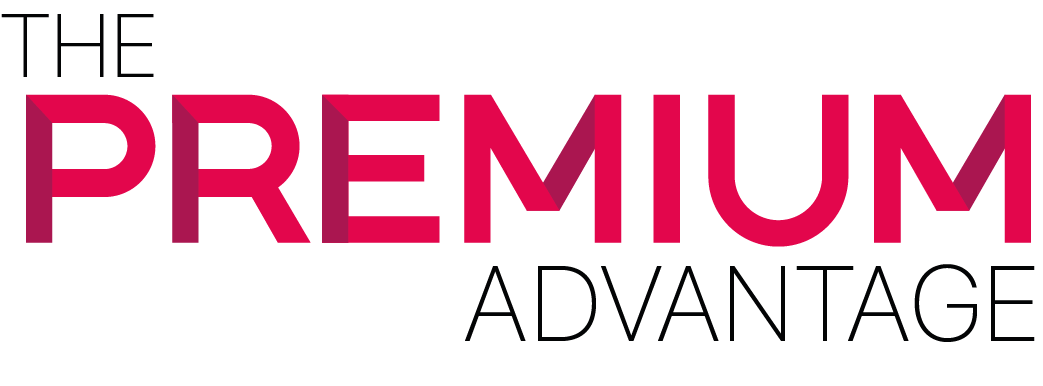Tax time is stressful enough then to have to try and figure out which tax forms you need to use. Everyone that must file an individual tax return has to use Internal Revenue Service tax Form 1040 or one of the shorter versions Form 1040EZ or Form 1040A. It’s a good idea to understand the most commonly used forms since various income levels will determine which form to use.
Tax Forms:
Form 1040 is longer and more complex than Forms 1040EZ and 1040A, using the shorter tax forms simplifies your tax preparation. Each tax form has the same set of purpose that includes:
- Reporting your earned income
- Applying for tax exemptions
- Determining whether you will owe additional taxes or are entitled to a tax refund
Form 1040
According to the IRS, anyone can use Form 1040 regardless of whether you qualify to use Form 1040EZ or 1040A. As anyone can opt to use this longer form, you must use Form 1040 if any of the following apply:
- have $100,000 or more of taxable income
- owe household employment taxes
- will itemize deductions or adjustments to income or claim certain tax credits
- are self-employed or your income includes business or farm income
- have unreported tips or income received as a beneficiary of an estate or trust
- received income as partner or shareholder from a corporation; or received dividends on an insurance policy that exceeds net premium paid on contract
Form 1040A
This form is longer than Form 1040EZ but shorter than Form 1040. Unlike Form 1040EZ, you can claim dependents and take credits for child and dependent care. Another difference is you can include income from dividends, pensions, annuities, IRAs and capital gain distributions. With Form 1040A you cannot itemize deductions meaning you cannot write off charitable contributions, mortgage interest, medical expenses or business expenses.
Form 1040EZ
Although Form 1040EZ is the simplest and shortest tax form to file only a small percentage qualify to file a return with this form. The reason being is that this form has several restrictions:
- taxable income must be less than $100,000 and only come from wages, scholarships, fellowship grants or unemployment compensation
- can only file as single or married filing jointly
- cannot claim any children or other person as dependent
- only tax credit you can claim is Earned Income Tax Credit and have not received an advanced premium tax credit
- no deductions can be claimed from your income
- you and your spouse if filing jointly must be under the age of 65 and not blind
Call or stop by any of our locations if you have any questions regarding which form to file your taxes with.
